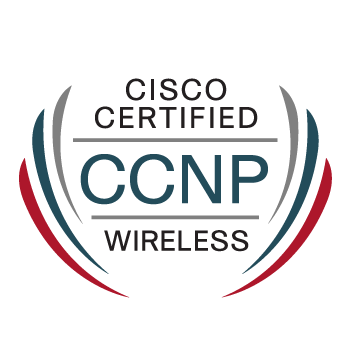- Cisco Community
- Technology and Support
- Security
- Network Security
- Although the NAT-config is
- Subscribe to RSS Feed
- Mark Topic as New
- Mark Topic as Read
- Float this Topic for Current User
- Bookmark
- Subscribe
- Mute
- Printer Friendly Page
Restoring running-config from a Cisco ASA 5510 to a Cisco ASA 5512
- Mark as New
- Bookmark
- Subscribe
- Mute
- Subscribe to RSS Feed
- Permalink
- Report Inappropriate Content
03-24-2017 03:38 AM - edited 03-12-2019 02:07 AM
Hi,
I have a task to migrate a Cisco ASA from a 5510 model to a 5512 model. The current firmware on the 5510 is 8.2.1 which I understand is using the old NAT rules. I have a spare 5510 which I have put the 8.2.1 firmware onto and I plan to restore the current running-config to this firewall. I am then going to run through the upgrade path to bring the spare 5510 up to the latest firmware (which should convert all the NAT rules) and from there restore the running config to the 5512 - all being well! My question is, are there any considerations I need to make before doing this? I have just started a new job and this is the first task I have been assigned so would like to get it spot on without running into any issues - or at least as few as I possibly can.
I did a bit of a test with this last night but after a restored the running config, I found the password I had used on the original 5510, no longer worked on the spare 5510 I am using for testing, do I need to remove the passwords before restoring the running-config? I'm sure there is an obvious reason for this but can somebody please advise why this would be. I am fairly new to Cisco ASA's but I need to be fairly up to speed to this task I have been set! If anybody can foresee any issues with this plan could you please let me know and if possible please advise on a better solution without having to configure the new firewall from scratch.
Thank you in advance.
Jonathan.
- Labels:
-
NGFW Firewalls
- Mark as New
- Bookmark
- Subscribe
- Mute
- Subscribe to RSS Feed
- Permalink
- Report Inappropriate Content
03-24-2017 03:59 AM
Although the NAT-config is migrated automatically, I always configure it completely new from scratch when upgrading an old device. IMO the migrated config is just a mess and it's a good opportunity to clean that up.
Your passwords should still work after the upgrade. If you have other keys like VPN-PSKs or radius shared-secrets, make sure that you don't use the running-config as these keys are only shown as stars. Use the startup-config or the output of "more system:running-config" for the migration.
- Mark as New
- Bookmark
- Subscribe
- Mute
- Subscribe to RSS Feed
- Permalink
- Report Inappropriate Content
03-24-2017 08:53 PM
On the 5512-X, interface names are all GigabitEthernetx/x.
That needs to be taken into account before you try to load in a configuration from a 5510 which has non-gigabit interfaces.
The boot image will have a different version and name. All 5500-X series use the boot image with 'smp' in the name (symmetric multiprocessor denoting it is for a device with a multi-core CPU).
Any certificates will need to either be re-installed unless the private key is also migrated. Also any files like AnyConnect images and VPN profiles need to be copied over manually.
Discover and save your favorite ideas. Come back to expert answers, step-by-step guides, recent topics, and more.
New here? Get started with these tips. How to use Community New member guide




